Oculus Rift release date, price and system requirements: Oculus overtakes HTC in key market
Steam Hardware Survey indicates that the Rift has surpassed the Vive
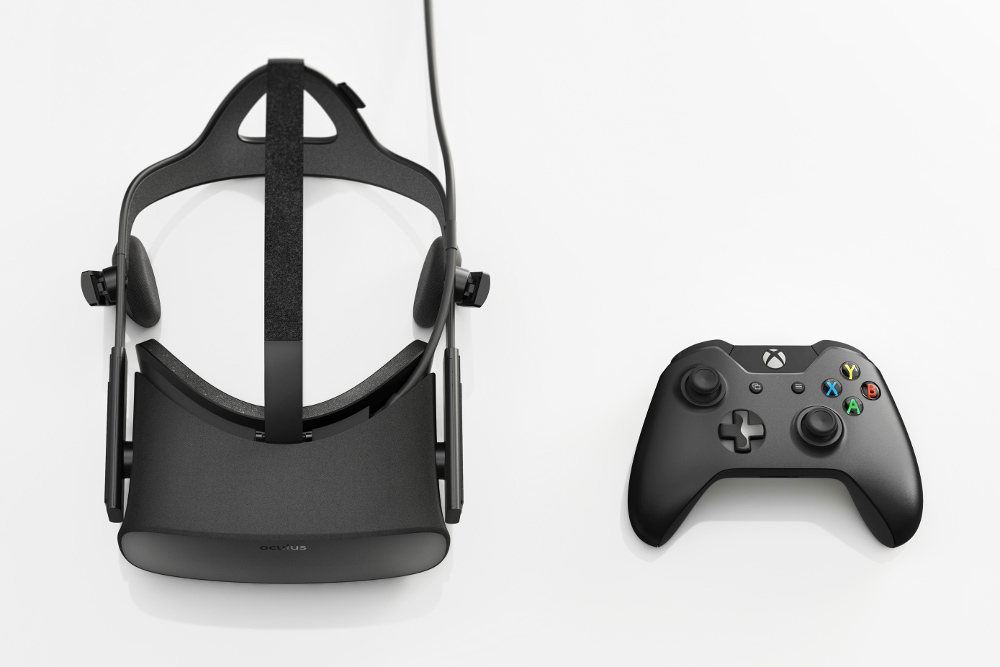
Oculus Touch controllers
While the leaked images of the Oculus Rift indicated that it was shipping with an Apple TV-style remote, Palmer Luckey surprised crowds at the device's unveiling by taking the wraps off a totally new input system.
Oculus Touch, as it has been dubbed, is a set of two wireless controllers that feature triggers for sensing grip on the palm and index fingers, as well as having traditional buttons and thumb sticks.
With built-in positional tracking similar to the headset, the controllers provide physical haptic feedback, which enables users to pick up and interact with virtual objects just as they would with real ones. In practise, the controllers are supremely comfortable, and the most instantly natural and ergonomic VR inputs we've tried.
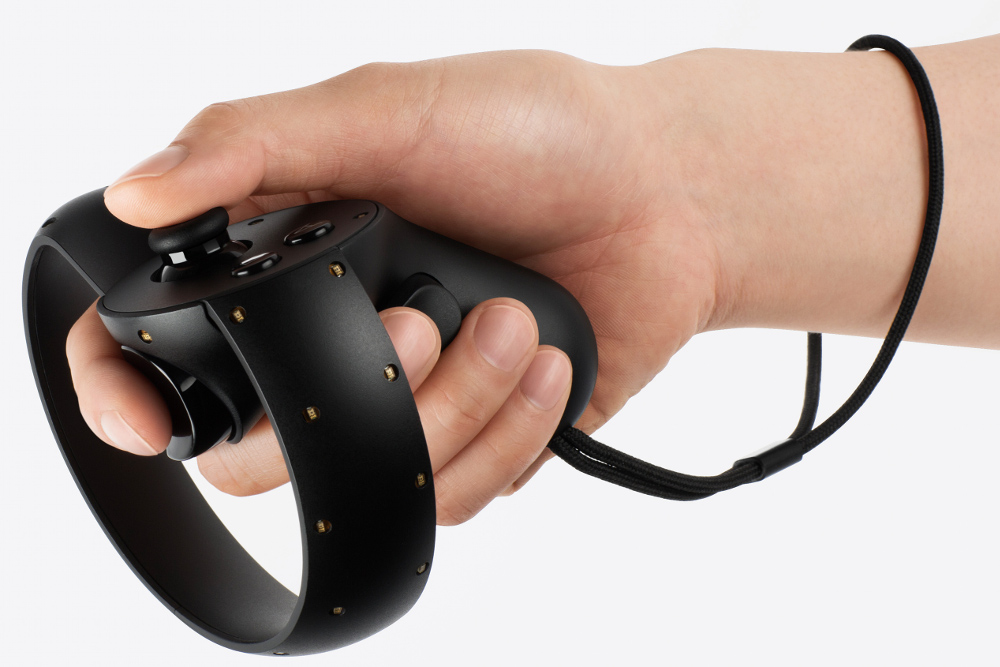
The Oculus Rift will also ship, and be fully compatible, with an Xbox One controller for Windows. Included as part of Oculus' partnership with Microsoft, this is to allow developers and users to work with an already-familiar input system.
Oculus Rift features
To make it easier for developers to work with, both the Unreal Engine 4 and Unity 5 game creation tools is integrated into the Oculus Rift software. This will allow developers to preview any VR experiences they create from within the Rift itself.
The Rift uses a dedicated software platform, Oculus Home, to display its content on. Similar to the Xbox dashboard, it features different subsections for content, as well as tiled previews, storefronts and social integration. Thanks to Windows 10's native support for the Oculus Rift, users can also stream games from an Xbox One to the headset, viewing them in a virtual theatre.
Unlike many of its competitors, the Rift features built-in earphones, which can be adjusted for comfort. They're also detachable, which will allow gamers that are particular about their audio requirements to use their own headsets.
Get the ITPro daily newsletter
Sign up today and you will receive a free copy of our Future Focus 2025 report - the leading guidance on AI, cybersecurity and other IT challenges as per 700+ senior executives
Oculus Rift system requirements
One of the Rift's drawbacks is that it needs a seriously powerful PC in order to properly run it. Company executives previously quoted a ballpark figure of around $1000 as the amount a sufficiently-specced machine would cost.
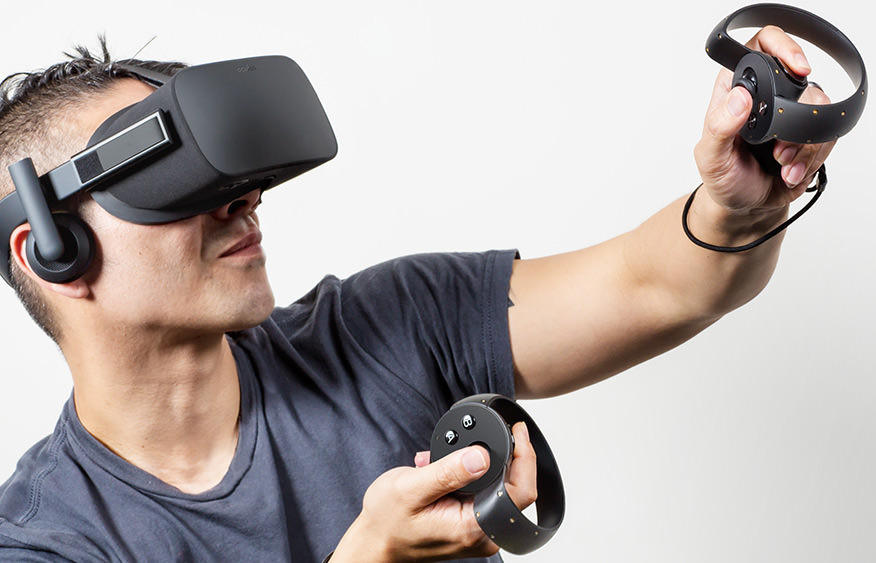
To start with, any prospective Rift customers will need a desktop PC with a CPU and graphics card equivalent to - or better than - an Intel Core-i5 4590, and an Nvidia GTX 970 or an AMD R9 290, as well as 8GB of RAM.
They'll also need to be running Windows 7 SP1 64-bit or newer, with 1 USB 2.0 and 3 USB 3.0 ports, and HDMI 1.3 output.
For those that don't build high-powered gaming PCs for fun, Oculus has partnered with a number of different PC manufacturers to create a certification program.
Specific PCs from OEMs including Dell, Asus and Alienware carry badges proclaiming them "Oculus Ready", meaning they are guaranteed to support the device straight out of the box.
Due to the highly GPU-intensive nature of the Oculus Rift's requirements, the headset is not compatible with Macs.
Oculus Rift movies
As well as games, Oculus is planning to bring VR movie content to its device, and the company has created its own production house, Oculus Story Studio to create experiences.
Henry, the second title from the division, is helmed by former Pixar alumni Ramiro Lopez Dau, and picked up an Emmy award for Outstanding Original Interactive Program. The company debuted another production, Dear Angelica, at the Sundance Film Festival 2016.
Adam Shepherd has been a technology journalist since 2015, covering everything from cloud storage and security, to smartphones and servers. Over the course of his career, he’s seen the spread of 5G, the growing ubiquity of wireless devices, and the start of the connected revolution. He’s also been to more trade shows and technology conferences than he cares to count.
Adam is an avid follower of the latest hardware innovations, and he is never happier than when tinkering with complex network configurations, or exploring a new Linux distro. He was also previously a co-host on the ITPro Podcast, where he was often found ranting about his love of strange gadgets, his disdain for Windows Mobile, and everything in between.
You can find Adam tweeting about enterprise technology (or more often bad jokes) @AdamShepherUK.
-
 Cleo attack victim list grows as Hertz confirms customer data stolen
Cleo attack victim list grows as Hertz confirms customer data stolenNews Hertz has confirmed it suffered a data breach as a result of the Cleo zero-day vulnerability in late 2024, with the car rental giant warning that customer data was stolen.
By Ross Kelly
-
 Lateral moves in tech: Why leaders should support employee mobility
Lateral moves in tech: Why leaders should support employee mobilityIn-depth Encouraging staff to switch roles can have long-term benefits for skills in the tech sector
By Keri Allan
-
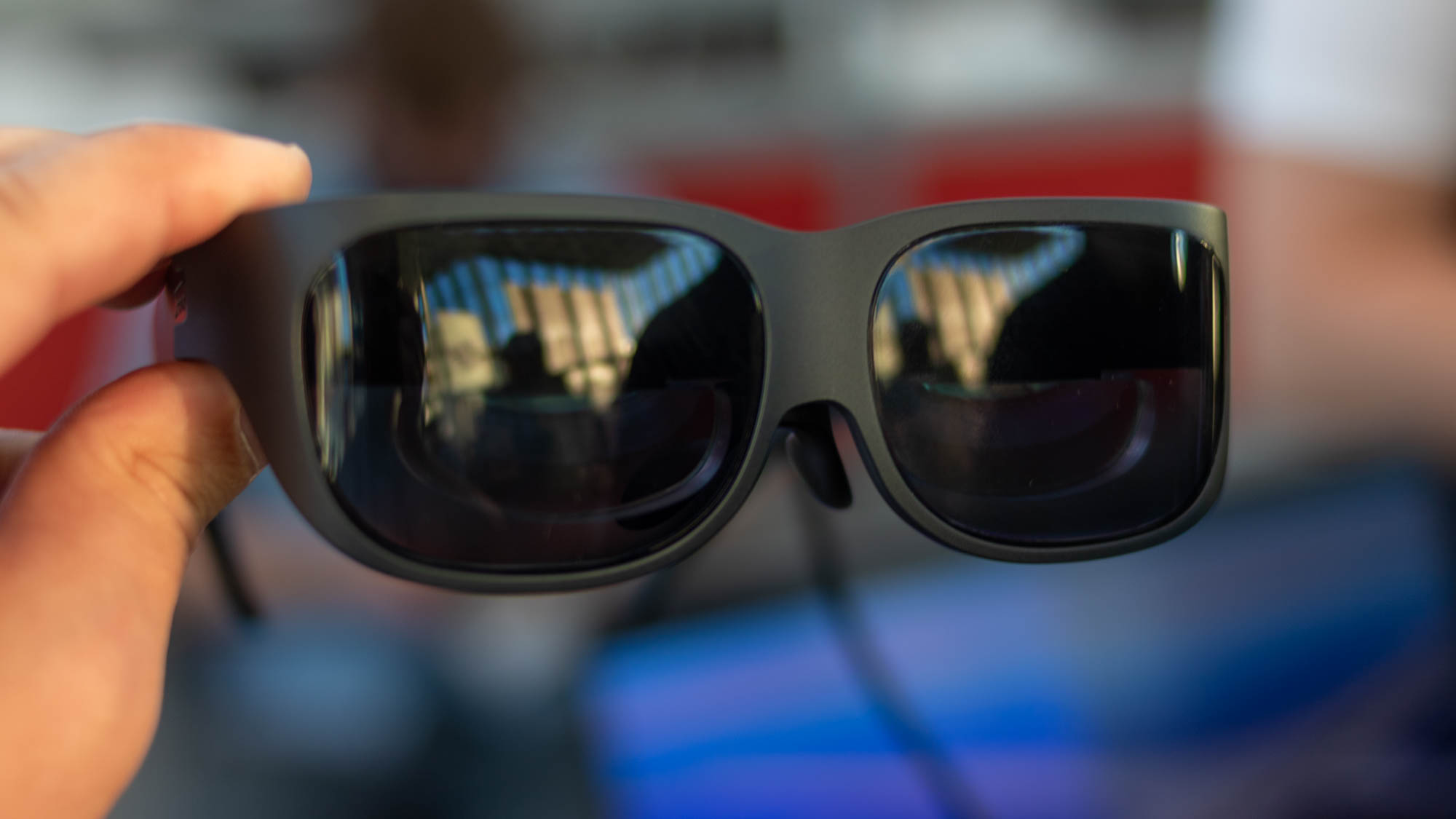 Has Lenovo found the ultimate business use case for smart glasses?
Has Lenovo found the ultimate business use case for smart glasses?Opinion Lenovo’s T1 smart glasses offer a virtual desktop that only you can see
By Bobby Hellard
-
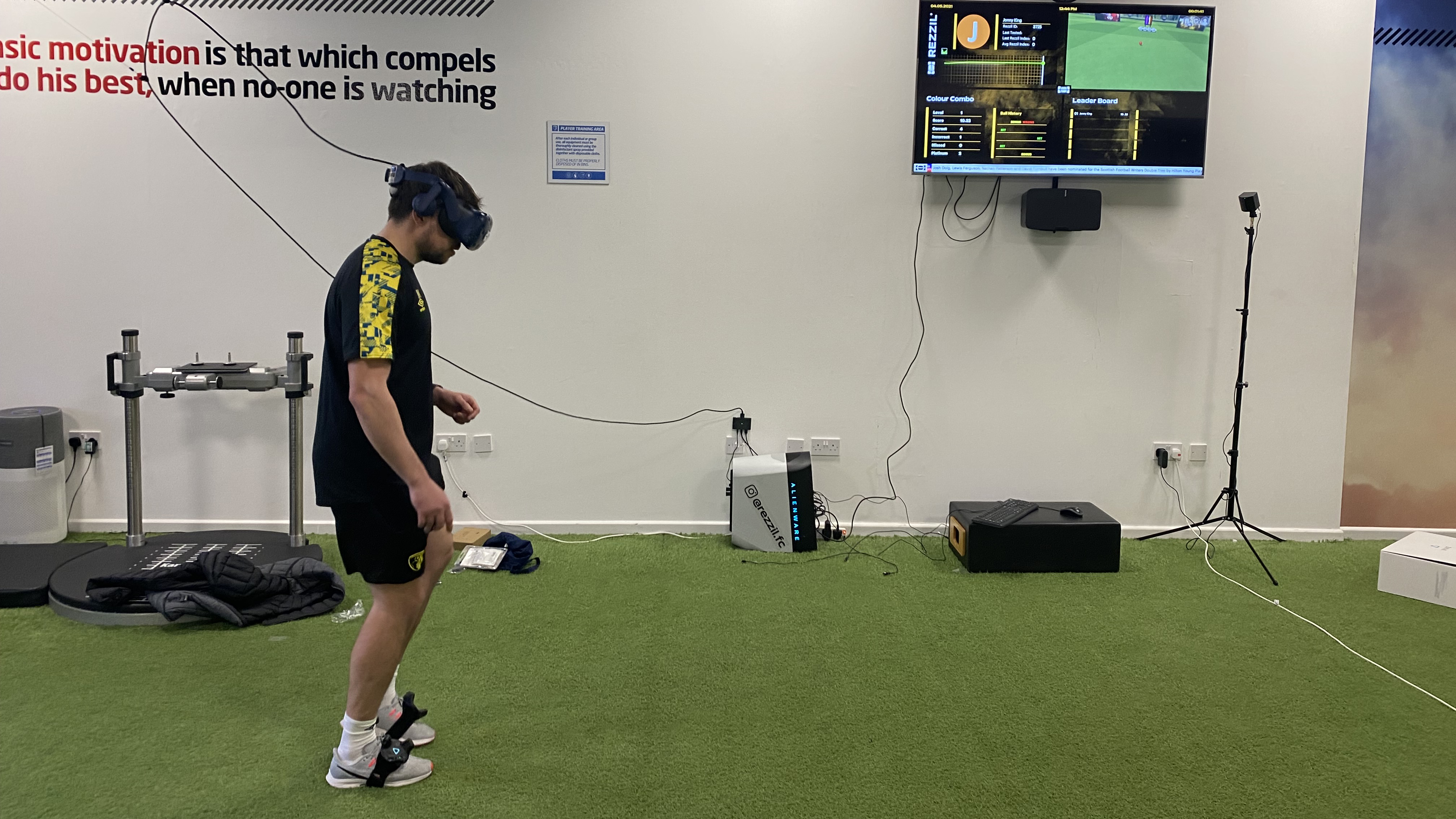 Virtual striker: Using VR to train Premier League stars
Virtual striker: Using VR to train Premier League starsCase Studies How one company is taking VR out of the boardroom and into the locker room
By Adam Shepherd
-
 NeuPath and Cynergi will bring VR therapy to chronic pain management
NeuPath and Cynergi will bring VR therapy to chronic pain managementNews NeuPath will integrate Cynergi’s VR program with its remote pain management platform
By Praharsha Anand
-
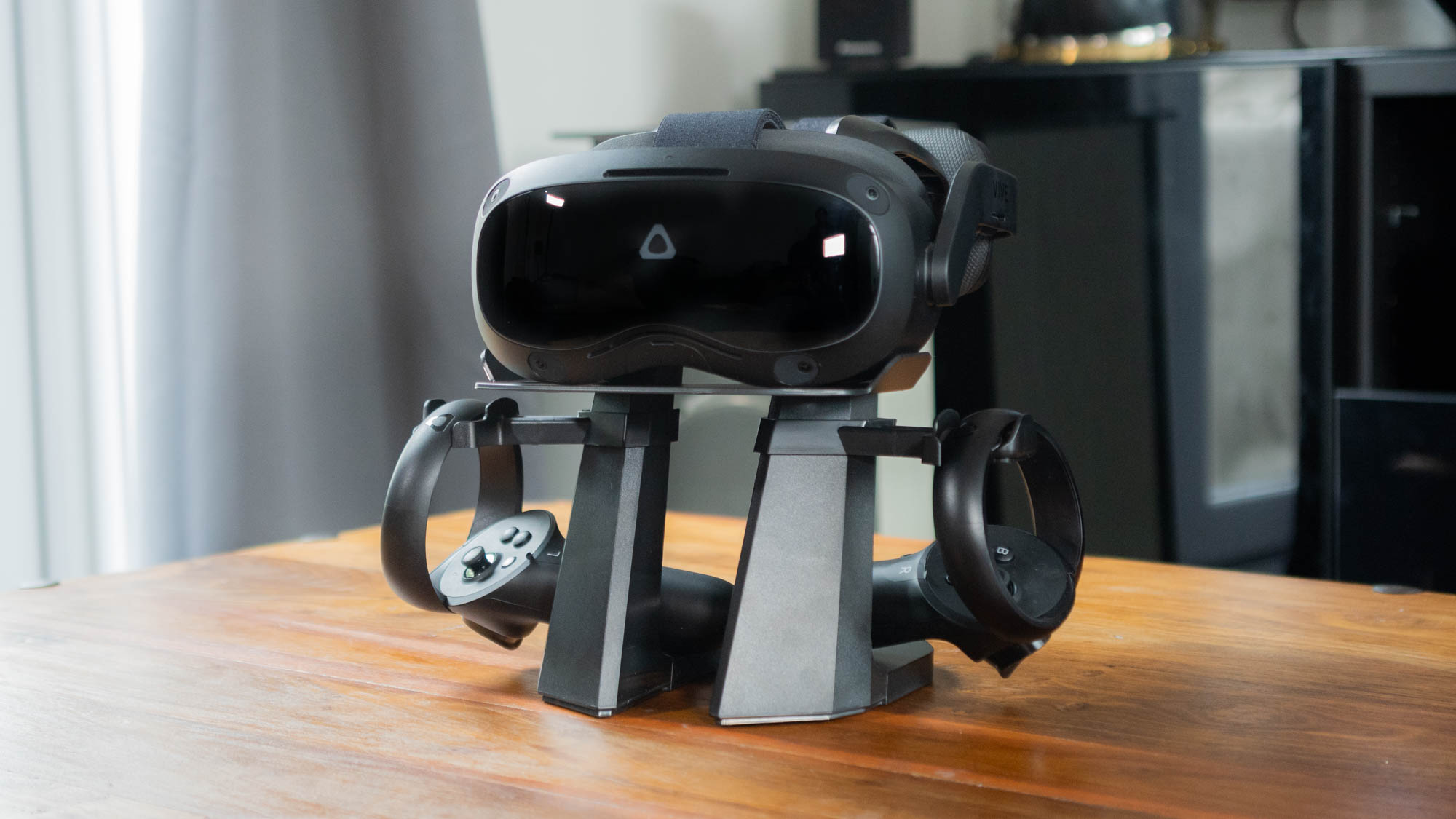
 HTC Vive Focus 3 review: The future of VR is here
HTC Vive Focus 3 review: The future of VR is hereReviews This smart and stylish headset is a leap forward for the technology
By Adam Shepherd
-
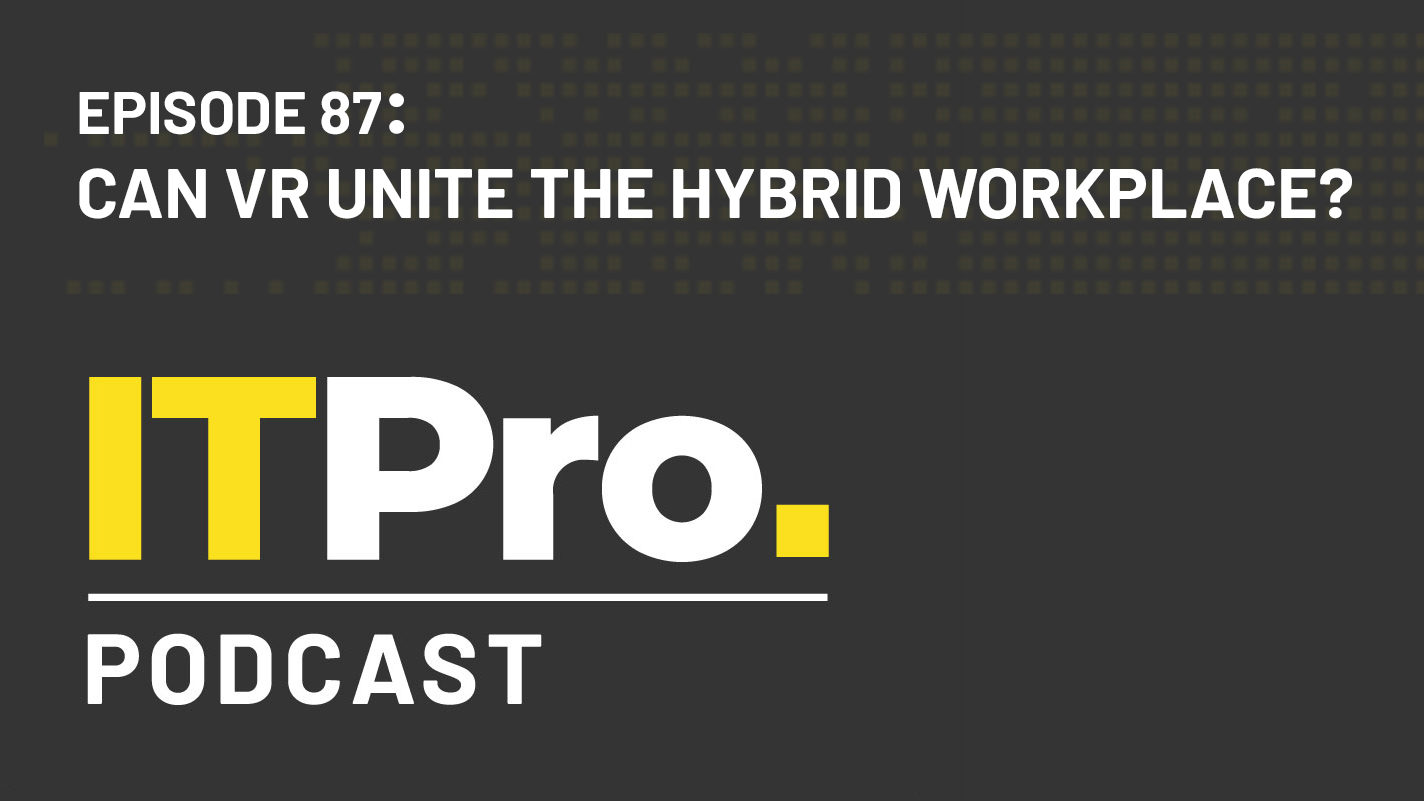 The IT Pro Podcast: Can VR unite the hybrid workplace?
The IT Pro Podcast: Can VR unite the hybrid workplace?IT Pro Podcast How one company is using virtual reality to bring its staff together
By IT Pro
-
 HTC launches new business-focused VR headsets
HTC launches new business-focused VR headsetsNews Vive Pro 2 and Vive Focus 3 include 5K resolution, larger field of view, and business management tools
By Adam Shepherd
-
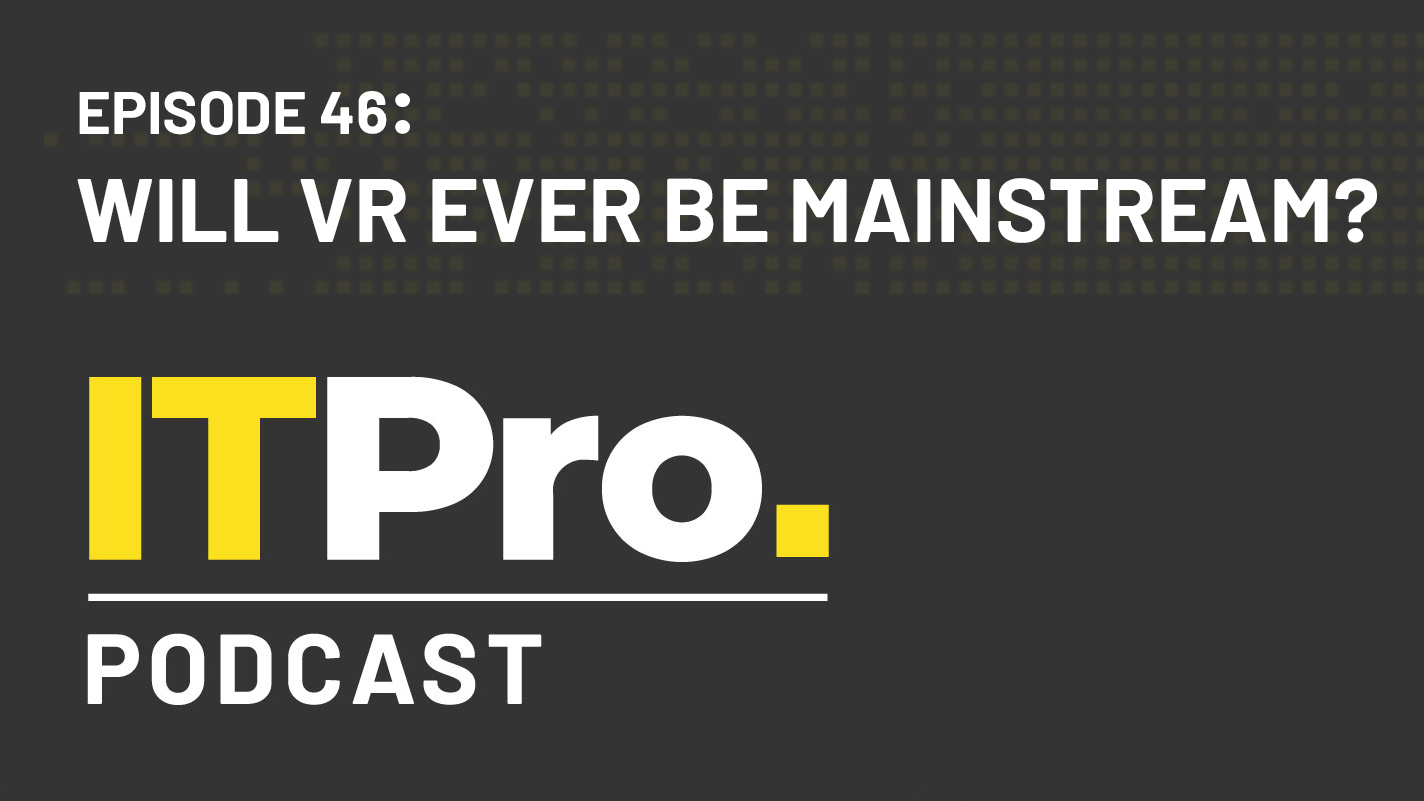 The IT Pro Podcast: Will VR ever be mainstream?
The IT Pro Podcast: Will VR ever be mainstream?IT Pro Podcast Despite years of development, VR is still a niche technology
By IT Pro
-
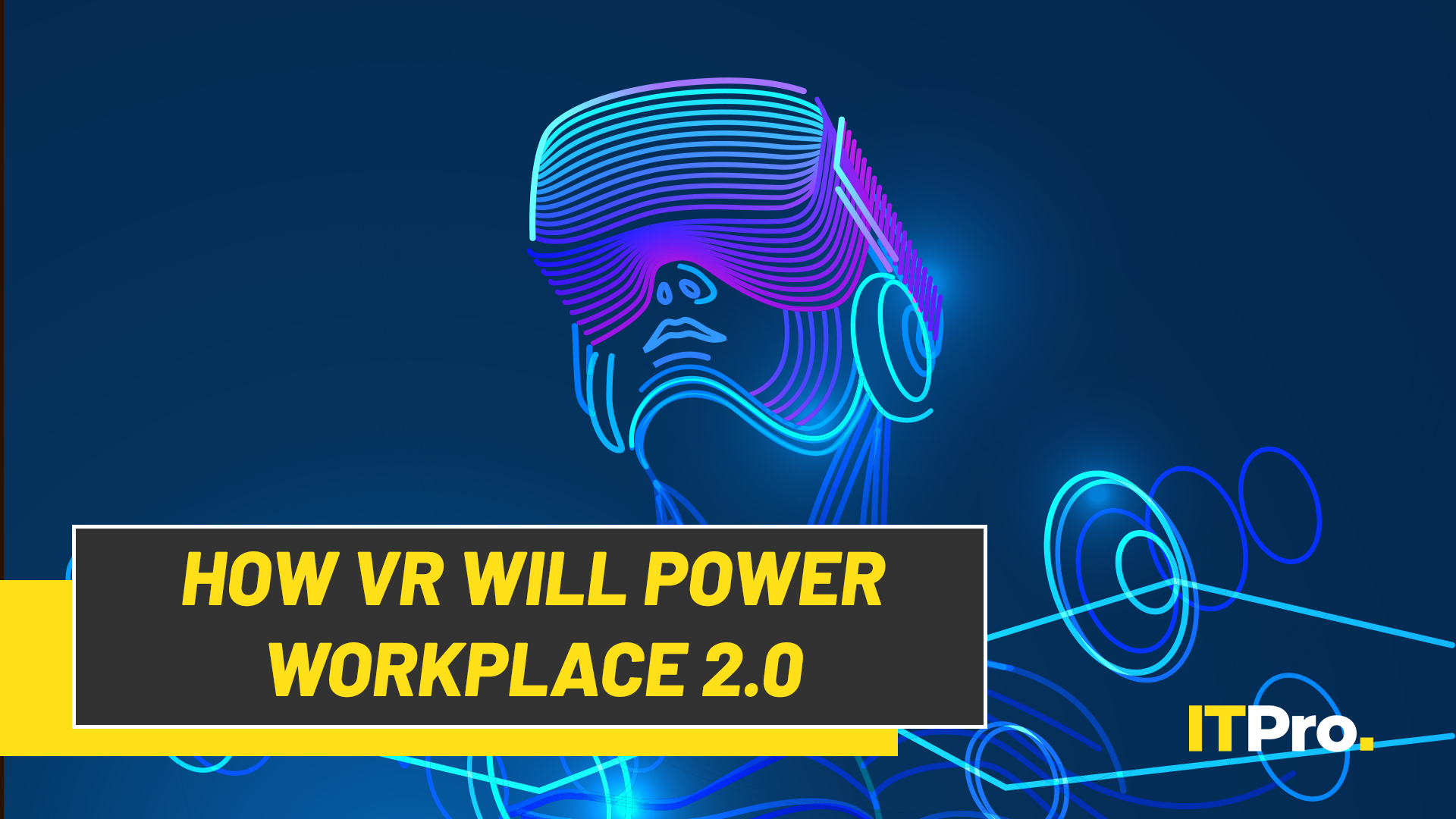 IT Pro Live: How virtual reality will power Workplace 2.0
IT Pro Live: How virtual reality will power Workplace 2.0Video The office of the future might not be a physical office at all
By IT Pro

